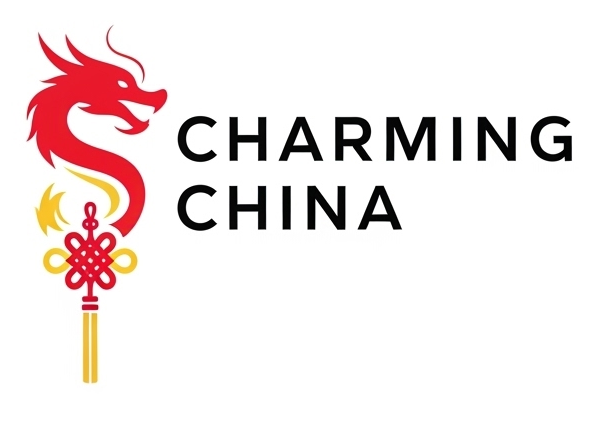Baihao Yinzhen (Silver Needle): China’s Finest White Tea
When it comes to Chinese white tea, no variety is more celebrated than Baihao Yinzhen (白毫银针, Silver Needle). Known for its downy white buds, delicate aroma, and light golden infusion, this tea is often called the “champagne of white teas.” Originating from Fujian Province, Baihao Yinzhen is one of the most prized and rare teas in the world. It’s loved by tea connoisseurs for its elegance, smooth taste, and rich history.
Origins & History
- Region: Primarily from Fuding and Zhenghe, Fujian Province, China
- First produced: During the Song Dynasty (960–1279), refined in the Qing Dynasty
- Leaves: Only the youngest buds, handpicked during early spring
- Appearance: Slender, silver-white buds covered with fine white hairs
- The careful harvesting window — usually just a few weeks each year — makes Silver Needle one of the rarest and most exclusive teas.
Flavor Profile
Baihao Yinzhen (Silver Needle) is subtle yet layered:
- Aroma: Fresh, floral, slightly fruity
- Taste: Sweet, mellow, with hints of melon, honey, and herbs
- Liquor: Pale golden or light apricot color
- Mouthfeel: Smooth, silky, lingering sweetness
Unlike green or oolong teas, Silver Needle is minimally processed, which preserves its natural purity.
Health Benefits
Silver Needle is packed with antioxidants, polyphenols, and catechins.
- Anti-aging & skin health: High antioxidant levels protect against free radicals
- Immunity boost: Contains compounds that support immune function
- Calming effect: Low caffeine makes it relaxing yet gently energizing
- Weight management: Helps regulate metabolism and fat burning
- Heart health: Supports blood circulation and reduces cholesterol levels
Fun fact: Among white teas, Silver Needle has the highest antioxidant content due to its tender young buds.
How to Brew Baihao Yinzhen (Silver Needle)
Western Style
- Tea-to-water: 3–4g per 250ml
- Water temperature: 80–85°C (176–185°F)
- Steeping time: 3–5 minutes
Gongfu Style (traditional Chinese method)
- Tea-to-water: 5–6g per 100ml
- Water temperature: 80–85°C (176–185°F)
- Steeping time: 20–30 seconds, increase gradually
- Number of infusions: 6–8
Use glass or porcelain teaware to fully appreciate the delicate buds.
Baihao Yinzhen vs Other White Teas
- Silver Needle (Baihao Yinzhen): Only young buds, rarest and most delicate
- White Peony (Bai Mudan): Includes both buds and leaves, stronger taste
- Shoumei & Gongmei: Later harvests, bolder and darker flavor
If you want purity and elegance, Silver Needle is the ultimate choice.
Price & Rarity
Because of its limited harvest and handpicking, authentic Silver Needle can be expensive. High-quality varieties from Fuding, Fujian are especially valued.
- Budget Silver Needle: $15–30 per 50g
- Premium Silver Needle: $50–100+ per 50g
- Rare vintage Silver Needle (aged): Can reach several hundred dollars per 50g
Baihao Yinzhen (Silver Needle) represents the pinnacle of Chinese white tea — delicate, rare, and nourishing. With its floral sweetness, smooth texture, and health-boosting properties, it’s a tea that rewards mindful sipping. Whether you’re a seasoned tea drinker or new to Chinese teas, Silver Needle is a must-try experience in the world of fine teas.
FAQ
1. Why is Silver Needle so expensive?
Because it uses only young buds harvested in a short spring season, requiring careful handpicking and processing.
2. Does Baihao Yinzhen contain caffeine?
Yes, but in lower amounts compared to green or black teas. It provides gentle alertness without jitters.
3. Can I re-steep Silver Needle?
Absolutely — quality Silver Needle can be infused 6–8 times, each revealing new flavors.
4. How should I store Baihao Yinzhen?
Keep in an airtight container, away from light, moisture, and strong odors. Store in a cool, dry place.
5. Is aged Silver Needle valuable?
Yes. Aged white tea develops deeper honey and medicinal notes, making it highly prized among collectors.
